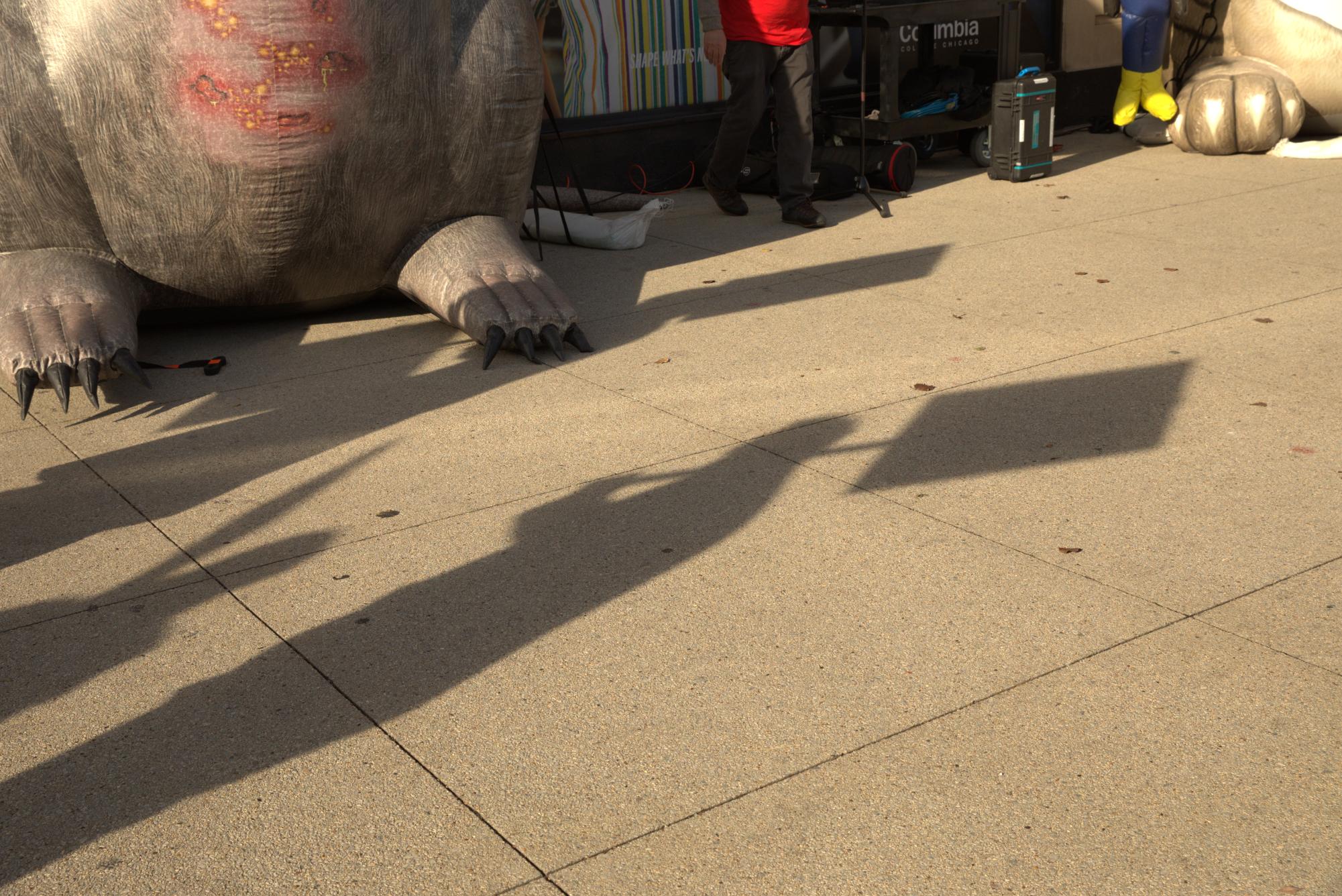
As the union ended the sixth week of its strike, the two sides were unable to reach an agreement, even with the help of a federal mediator.
Union and College had five By Negotiating sessions, Lambrini Loukidis, associate vice president for strategic communications and external relations, said.
Mediation itself is when a third party assists negotiations between two parties, helping them reach an acceptable outcome.
However, negotiations remain at an impasse, and the college is already considering the potential impact on the spring semester.
If mediation is unsuccessful, the next step is to call an arbitrator or even go to court, but these procedures are not within the jurisdiction of the Federal Mediation and Conciliation Service.
“There is strong recognition of the effectiveness of expert mediators,” said Shane Davis, director of field operations for Region 4 of the Federal Mediation and Conciliation Service. Davis did not participate in the Colombia negotiations.
“We get involved in cases that have escalated on a very regular basis, not only across the country, but often in Illinois,” he said.
At this point, the union and college do not appear to agree on where they differ.
Columbia Faculty Union President Diana Valera said the union is part-time Three main issues We are: Wanting to be contacted by the college before decisions are made, maintaining smaller class sizes with more sections and “maintaining the core curriculum.”
CFAC represented 584 part-time teachers at the start of the strike on October 30. Part-time teachers make up the majority of teachers in Colombia. The college has 221 full-time faculty members.
in e-mail Updated this week, Chief of Staff Laurent Pernot and Terrence Smith, special counsel for labor relations, said they had withdrawn their previous offer and made a new offer, with raises, medical benefits and “Some degree of guaranteed course offerings for most part-time faculty.
Since the strike began, the majority of classrooms have been affected. Dean Marcella David told parents at A Recent Zoom meeting Of the 1,200 sections that will be taught this fall, 800 were affected by the strike.
Davis said that when mediators enter negotiations to help settle disputes they are not “decision makers” and that the service is not a decision-making body.
“[Mediation] “It’s an art, not a science,” Davis said.
Davis said the most important thing a mediator can offer to resolve a conflict is impartiality.
“I can’t mediate with my family because I’m one of the parties,” Davis said. “Mediators achieve neutrality; They don’t live with the results.
The union had initially pressured Mayor Brandon Johnson to do so Help mediate. Johnson is a former paid organizer for the Chicago Teachers Union, who won his race for mayor with the support of the city’s labor unions.
The FMCS itself is a branch of government, funded by taxpayer money. It is the nation’s largest public dispute resolution and conflict management agency, providing mediation services to the private, public and federal sectors.
FMCS contacted Smith and Valera in May, before the union’s contract was scheduled to expire at the end of August.
The college agreed to a mediator on November 16, emails showed. The union officially agreed to mediation at the end of November.
Mediation is a process in which both parties must agree to bring in a mediator before it begins. But it does not always lead to immediate results.
Screen Actors Guild-American Federation of Television and Radio Artists, or SAG-AFTRA, He agreed to a federal mediator In negotiations with Hollywood studios last July in an attempt to avoid a strike. It failed, and the union went on strike for about four months, finally settling last month.
The New School of New York and the union representing part-time faculty also used a federal mediator near the end of a three-week strike in 2022. At the time, it was considered one of the longest incremental strikes in U.S. history.
The Colombia strike, now heading into its seventh week, has been twice as long.
What students say:
Louisa Bott, a second-year international cinematography student, said she believes mediation will help the union and the college. “I hope the mediator sees this conflict” and achieves impartiality, she added.
Cheyenne Hastings, an American college student specializing in English sign language interpretation, said she thinks it’s time to bring in a mediator.
Hastings said the college and union “need to do something new because what they’ve been doing isn’t working.” “It causes a disservice to the students and full-time faculty who are here, and if it means bringing in a mediator to work things out, it should definitely be done.”
Additional reporting by Lily Thomas and Uriel Reyes.

